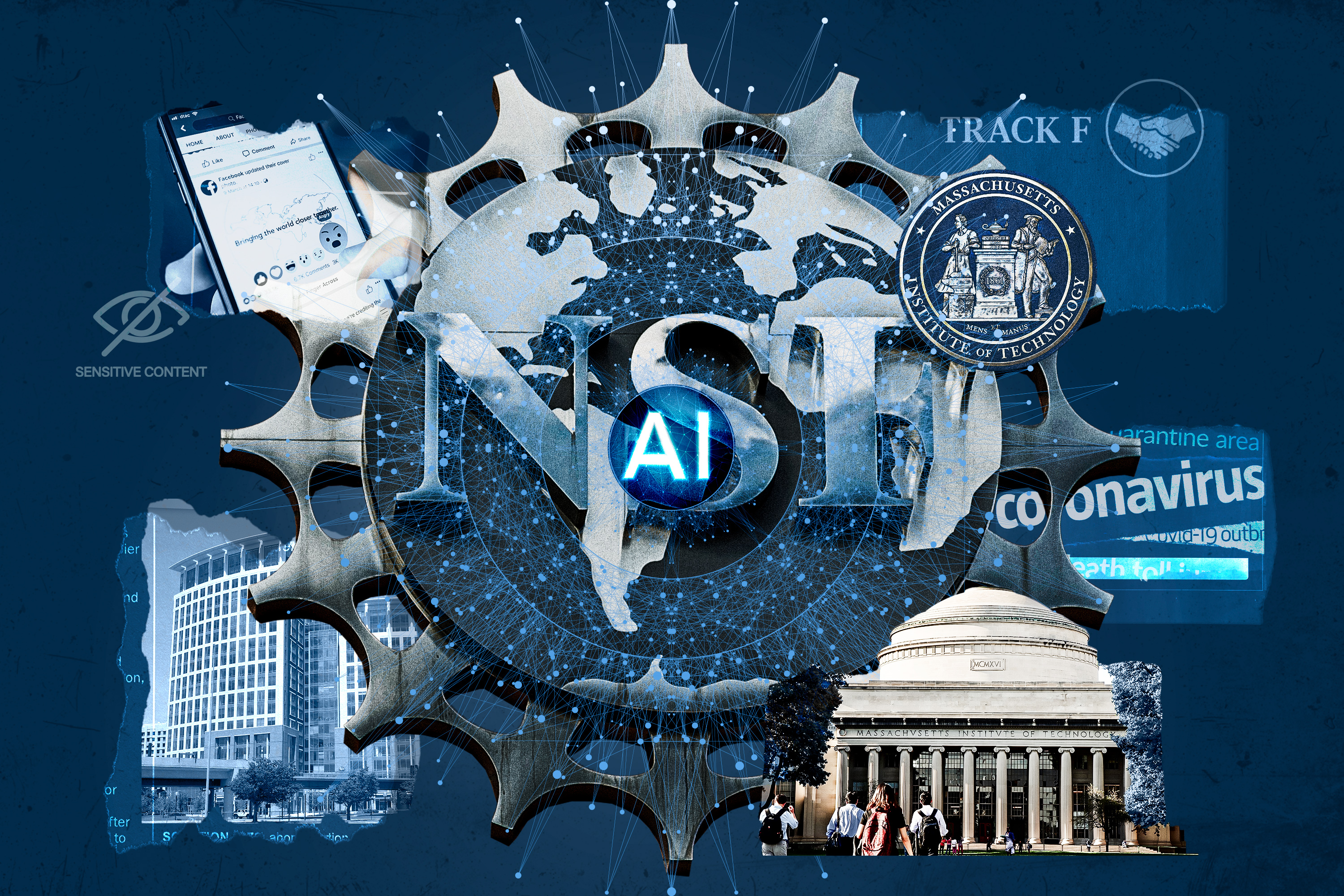Officials from the National Science Foundation tried to conceal the spending of millions of taxpayer dollars on research and development for artificial intelligence tools used to censor political speech and influence the outcome of elections, according to a new congressional report.
The report looking into the National Science Foundation (NSF) is the latest addition to a growing body of evidence that critics claim shows that federal officials—especially at the FBI and CIA—are creating a “censorship-industrial complex” to monitor U.S. public expression and suppress speech disfavored by the government.










